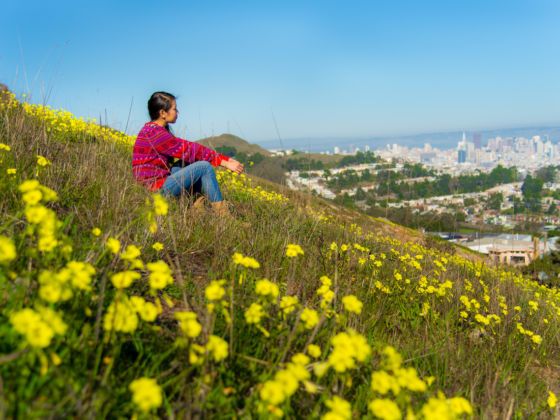I haven’t wanted to live in San Francisco since high school. Having grown up on the quiet side of the Golden Gate Bridge, I envied the city kids who bused into my suburban prep school during the week and presumably spent weekends sneaking into city bars while I was stuck halfway up Mount Tamalpais waiting to get my learner’s permit.
Visions of the city’s Victorians soon became fantasies of Brooklyn brownstones, or some freshman dorm on the East Coast. I wound up in Boston by way of India and Paris, where I’d split a gap year, and spent the next decade moving everywhere but San Francisco: back to Marin County across the bridge, a stint in Bali, a couple of apartments in Lisbon. Last summer, I spent a month in Amsterdam as a trial run for an indefinite move I’d planned for March.
